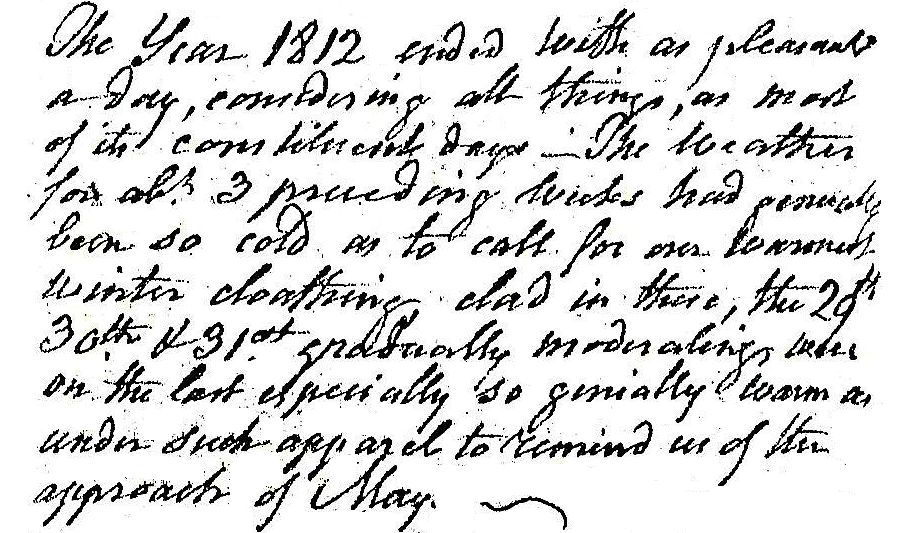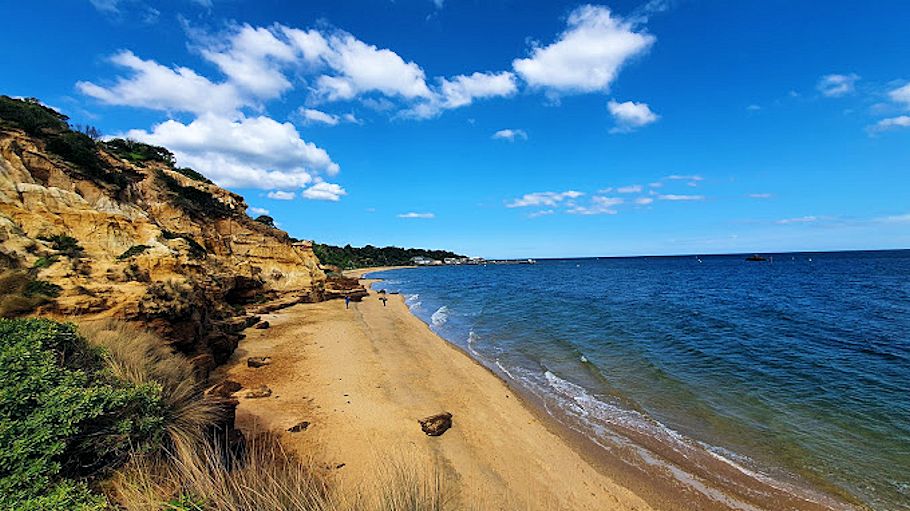31 December
ST SILVESTER I, Pope (a.d. 335)
Silvester I, like his predecessor, St Miltiades, is better remembered for the events which took place during his pontificate than for anything we know about his personal life and acts. Living at a time of such importance it was inevitable that many legends should grow up around him, such as those incorporated in the Vita beati Silvestri, but they are without value as historical records. The Liber Pontificalis states that he was the son of a Roman named Rufinus. He succeeded Miltiades in 314, less than a year after the Edict of Milan had granted freedom to Christianity, and the most significant legends about him are those which bring him into relation with the Emperor Constantine. These represent Constantine as suffering from leprosy, which, upon his conversion to Christianity, was cured by baptism received at the hands of Silvester; whereupon, in gratitude and in recognition of the vicar of Christ on earth, the emperor granted numerous rights to the pope and his successors and endowed the Church with the provinces of Italy. This story of the "Donation of Constantine," which was embroidered and used for political and ecclesiastical ends during the middle ages, has now long been recognized as a fabrication. But one point in it, the baptism of Constantine by St Silvester, still finds a place in the Roman Martyrology and Breviary.*
A few months after his accession St Silvester was represented at a synod convened at Aries to deal with the Donatist dispute: the bishops there commended the pope for not coming in person but instead remaining in the place "where the Apostles daily sit in judgement." In June 325 there assembled at Nicaea in Bithynia the first oecumenical or general council of the Church: probably over 220 bishops attended, nearly all orientals, and Silvester of Rome sent legates, two priests: a Western bishop, Hosius of Cordova, presided. The council condemned the heresy of Arius, but this was only the beginning of a devastating struggle within the Church. There is no record that St Silvester formally confirmed the signature of his legates to the acts of the council.
It is probable that it was to Silvester rather than to Miltiades that Constantine gave the palace of the Lateran, and there the pope set up his cathedra and established the Lateran basilica as the cathedral church of Rome. During his pontificate the emperor (who in 330 removed his capital from Rome to Byzantium) built also the first churches of St Peter on the Vatican, Holy Cross in the Sessorian palace and St Laurence outside the Walls; and the pope's name, joined with that of St Martin, is now given to the cardinalitial-titular church founded at this time near the Baths of Diocletian by a priest called Equitius. St Silvester also built a church at the cemetery of Priscilla on the Salarian way: there he was himself buried in 335; but in 761 his relics were translated by Pope Paul I to St Silvester in Capite, now the national church of English Catholics in Rome. His feast has been general in the Western church since the thirteenth century, on December 31, and it is also observed in the East (January 2), the first pope of Rome after the Church emerged from the catacombs.
* In fact the first Christian emperor remained a catechumen till he lay on his death-bed, and then, eighteen months after the death of St Silvester, was baptized by an Arian bishop at Nicomedia.
Herbert Thurston, S.J. and Donald Attwater, Butler's Lives of the Saints (vol. 4, 1956), p. 644.
31 December 439
Death/feast of Melania the Younger
31 December 1778 Thursday
. . . . . .
31 December 1812 Thursday

I rose early to prepare for my return home. Redwood came to see me. SL who went to Ury last evening returned before 9. We had breakfast. I wrote a note to E. Bronson noting the dissatisfied state of some of our minds about the exhibition of last evening, expecting him to publish it. I then waited upon Swinger who as SL informed me had dined at Ury with Karloff, Russian Consul dined at Ury yesterday. He presented me with a Terrier puppy about 6 weeks old to be called Pan in memory of Miers’ dog which died in the 4th month last while we were attending the Yearly Meeting. He also gave me a handsome print of Alexander I Emperor and Autocrat of the Russians and showed me a collection of views taken by himself in different parts of the United States, many of them in Philadelphia and its vicinity. They are well chosen and handsomely executed. I rode down and conversed with my brother on some business for the last time in this year, and then came home arriving about 20 past one. I found Michael O'N...., a laborer who has been working here near 2 months employed in haling[?] out tobacco compost to try its effect on grass grounds and this afternoon he delivered to Thomas Miles 15 bushels of small coal. I had yesterday a very satisfactory conversation with Francis West concerning my beloved son Samuel R. Fisher who died as herein before related at Lexington, Kentucky August 9th last. He informed me that he boarded in the same house with him, was with him in his room several times and altogether several hours in every day. Saw his treatment the physician gave the most regular attendance. To of their young .... students set up with him when toward the last his end was expected. Every necessary convenience were provided. Next[?] Robert Garrison the nurse of colour who attended to him was the most diligent, faithful and tender nurse that he had ever seen. That two days before his departure he was informed by his physician that his end was near. That his spirit had been very lively, he had been full of conversation and was disposed to talk politics, but most of those that visited him were so opposites to him in opinions and discourse that he complained that they were enforcing a gag law upon him, but after he was told his real situation be became ....... quiet and appeared resigned, his body swelled. T.W. was with him until about 1/2 past 10 on the night of the 9th when he was lying quiet and in about an hour after went peacefully. ____ This day has been as mild as in the 4th and 5th months, thermometer at 50 degrees. None of my cattle have yet been housed except the 2 carriage horses. The third and all the farm horses, 4 in number have been grazing in the fields. The cows and young in the corn field upon the husks in the daytime and put up at night.

The year 1812 ended with as pleasant a day, considering all things, as most of its constituent days. ____ The weather for about 3 preceding weeks had been genuinely so cold as to call for our warmest winter clothing. Clad in these, the 29th, 30th and 31st gradually moderating, were on the last especially so genially warm as under such apparel to remind us of the approach of May. ____
31 December 2003
   
At the Philadelphia Museum of Art.
31 December 2006
*****HAPPY NEW YEAR POST CENTRAL!!!*****
I wish it was 20 years ago, because I'd be enjoying Black Rock Beach [Australia] right now.

Any archinecters from Philadelphia?
I'd rather go to Arkansas to see The Gross Clinic.
And speaking of hunting, John James Audubon's first months in Pennsylvania were spent exactly where I'm at right now. The 18 year old new-comer to the United States spent his time here hunting and fishing, although he was supposed to be learning English. Wouldn't it be wild if the "theory" that Audubon was the son of Louis XVI and Marie Antoinette was actually true. That be like so Rita Novel!
You know Clivedin is the only place I've seen an actual reenactment (of the Battle of Germantown). I liked how, after the battle, they had to put electric fans in the mansion windows to get all the gunpowder smoke out. Maybe some day in the future they'll reenact that!
31 December 2000
Architectural Education Again
...list of architectural references: The Life of Pope Sylvester, from the Liber Pontificalis, translated and notated by Louise Ropes Loomis, Ph. D, 1916.
Earliest copies of the Liber Pontificalis date from the 8th century. It is through this text that we now know the spiral columns of San Pietro Vaticano came originally from Greece. It was during the life of Sylvester that Rome went through a tremendous church 'building boom' during the reign of Constantine. All the first basilicas of Rome are listed, along with their precious metal furniture schedule and lighting fixture schedule, and the list of properties endowed to each individual church in order to keep the churches sustainable. (Normally it is accepted that the properties given to the churches were originally Imperial properties, but lately I've been wondering whether many of the properties may have actually first belonged to Pagan temples, i.e., properties that sustained the Pagan temples as well.)
Overall, the Life of Pope Sylvester gives a fairly concise glimpse into a moment in architectural history that for the most part no longer actually exists, however, a moment that for well over a millennium and a half dominated Western culture/architecture.
31 December 2002
EUTROPIAN THEORIES
Two nights ago I came up with the working title Eutropian Theories, for a work about Eutropia, wife of the Emperor Maximian, mother of the Emperor Maxentius and the Empress Fausta, mother-in-law of the Emperor Constantine, and, especially in the latter years of her life, best friend of the Empress Helena.
The last act of record that Eutropia performed was as initiator of the first Christian basilica at Hebron, circa 328.
31 December 2022 Saturday
Death of Pope Benedict XVI.
Miers Fisher is a good writer, and it's fortunate for me that a good writer has lived here in retirement, leaving behind journals of a near ideal retirement.
Piranesi's final project is also the 'missing link' between Giovanni Battista Piranesi and Francesco Piranesi. Yes, the link, but equally the son's clean break from the father in terms of two distinct careers. I say this because Piranesi's final project is now showing me Francesco's distinct career clearly.
So how many popes are in this story now? Miltiades, Sylvester, Adrian IV, Pius VI, and now Benedict XVI as well.
And now imaging Barbara Walter's New View: Eutropia, Helena, Melania the Younger, Laura Piranesi, Hélène Gregoroffsky Fisher, and, of course, Braines, she of "ungovernable temper."
|